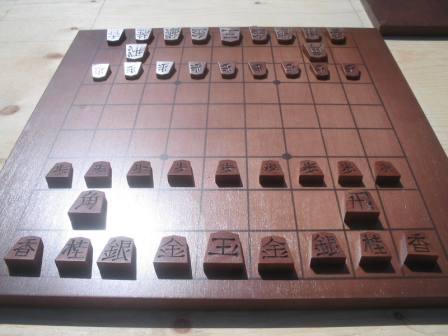Discover and Play Various Games Similar to Chess
Chess has its origins in the Arabian game of Shatranj, which goes back to the Indian game of Chaturanga.
Many more games are based on or inspired by Chess and its relatives.
Balbo's Chess is our featured variant for October, 2024.
This website – The Chess Variant Pages – is here for cataloging, discussing, and playing the many games that are based on, related to, or similar enough to Chess.
👨🏻🏫 Learn
A different logo for each color scheme
The Chess Variant Pages may be viewed in four different color schemes using controls in the menu, and each color scheme has its own logo.
- Dark
- This logo features AI art images of a Dragon Horse and a Fairy Princess. The Dragon Horse comes from Shogi and represents Asian variants. As a fairy, the Fairy Princess symbolizes fairy chess, which was the practice of creating Chess problems with novel pieces or alternate rules. Also, the piece known in fairy chess as a Princess is one of the most popular of Chess variant pieces, though it is usually known by other names and depicted differently. Fergus Duniho generated both images with Leonardo.Ai.
- Darker
- This logo makes use of 3D designs for printing physical pieces with a 3D printer. Jean-Louis Cazaux designed the Cannon, which comes from Xiangqi and Janggi and represents Asian variants. Bob Greenwade designed the Nightrider, which represents fairy chess and modern variants. If you're interested in printing your own 3D pieces, you can search for 3D Printers on Amazon or for 3D Printers on ebay.
- Light
- This uses touched-up photographs of real Chess variant pieces available for purchase in Musketeer Chess variant kits. The Elephant represents historic and regional variants, as many from Chaturanga to Janggi include this piece, and Xiangqi is even named for it. The Unicorn represents fairy chess and modern variants.
- This uses a cropped and divided illustration John Tenniel did for Lewis Carroll's Through the Looking-Glass, in which Alice meets anthropomorphic Chess pieces and participates in an unusual game of Chess. Instead of portraying fairy pieces on the sides like the other logos do, this one pays homage to the influence Lewis Carroll's writings had on Vernon Parton, who may have coined the term "chess variant."










